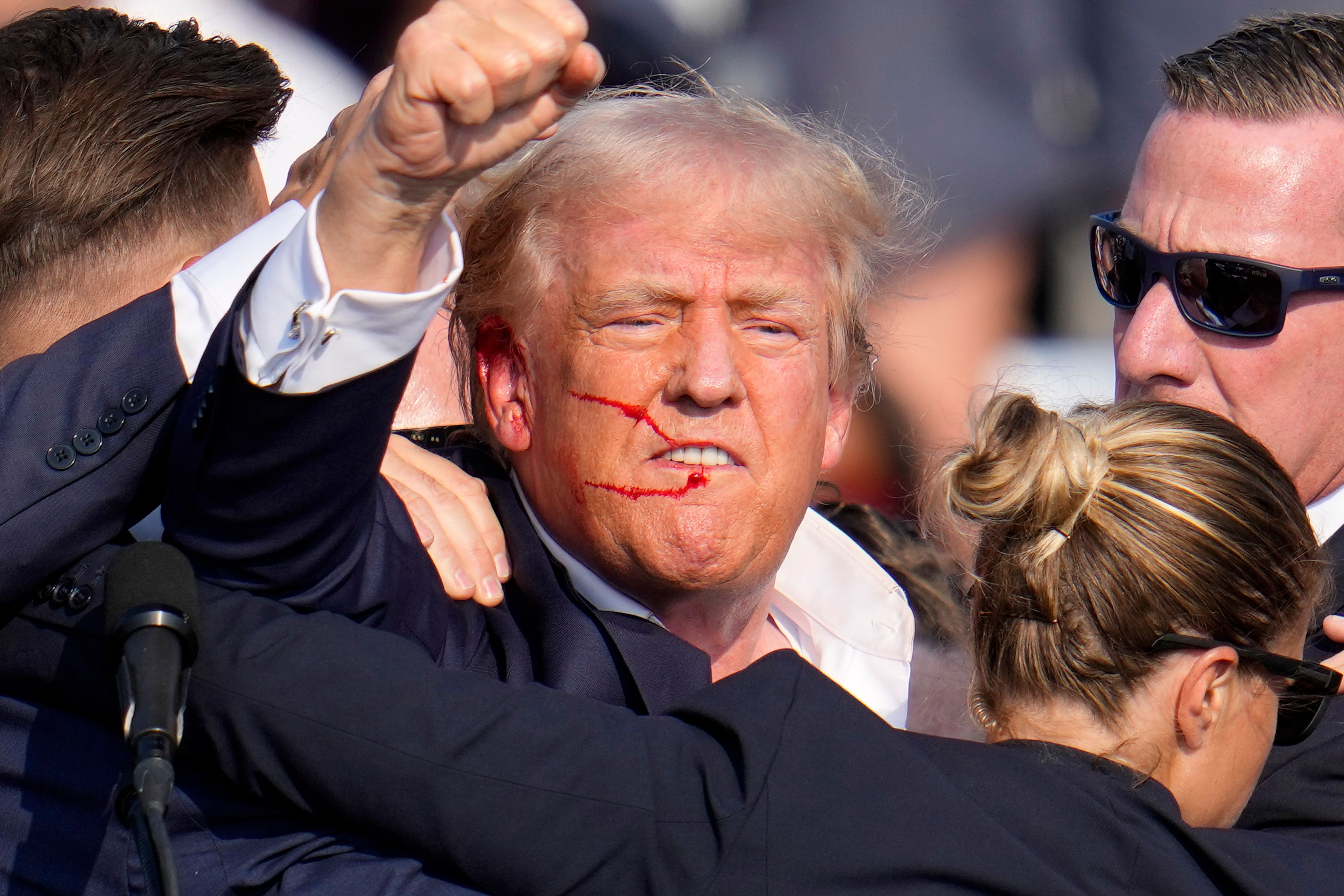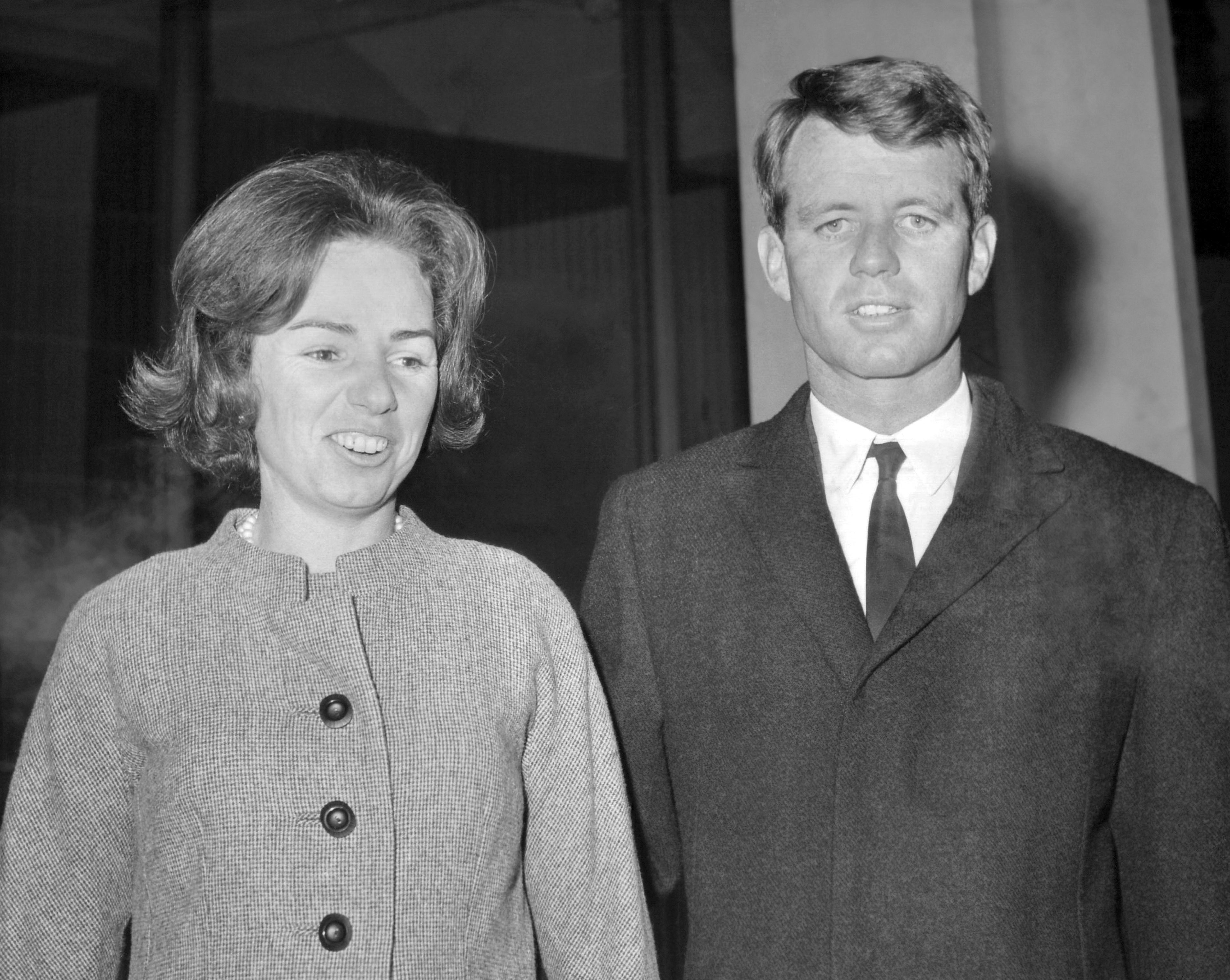Political apparel OK at Idaho polling places
Attorney General’s Office says voters can wear gear endorsing candidates when they cast their ballots; they just can’t campaign
A new legal opinion from the Idaho Attorney General’s Office could be good news for political apparel retailers across the state.
Voters historically have been discouraged from wearing buttons, T-shirts or other campaign paraphernalia at polling locations, because it’s been interpreted as an example of illegal “electioneering.”
However, the new opinion from Assistant Chief Deputy Attorney General Brian Kane says election officials should now ignore such “passive” displays.
“It’s a big change,” said Nez Perce County Clerk Patty O. Weeks. “It will be more like a sporting event.”
Kane issued the four-page opinion Tuesday, in response to an inquiry from Adams County Prosecuting Attorney Christopher Boyd.
He began by noting that Idaho code clearly prohibits electioneering activities at polling locations, such as handing out campaign literature, waving signs, making speeches or otherwise disrupting or interfering with voters.
Kane made a distinction, though, between such “active” behavior and the more passive statement of voter support embodied by campaign T-shirts, buttons or other apparel.
If a voter simply shows up at the polls wearing campaign apparel, but doesn’t interfere with anyone else by making statements or actively seek to sway their vote, Kane said, “this office recommends that they be allowed to vote without any discussion of the issue.”
On the other hand, he said, if they “engage in active conduct, such as making a speech or waving their shirt as a flag ... this office recommends that the sheriff’s office be contacted for an investigation.”
Weeks said Nez Perce County voters in the past “have been really good about not wearing political attire” at polling locations. If someone did show up with a T-shirt or button, she said, poll workers would simply ask them to put on a coat or to take off the button, and voters invariably complied.
“Now, based on the AG opinion, people will be allowed to wear political attire,” Weeks said.
Prohibitions against campaign activities within 100 feet of polling locations remain in place, however.
“I typically get calls about that every election,” Weeks said. “We’ll get people with (campaign) signs in the wrong spots, advocates who get a little too close to the polls. But we’ll call the candidate and it’s usually resolved immediately. For the most part, we don’t have many issues.”
In other election-related news, Weeks said only about 20 of the more than 8,000 absentee ballots her office has received so far have issues that could prevent them from being counted.
Typical problems, she said, include someone forgetting to sign the ballot envelop, signing their spouse’s ballot or being unable to verify the signature.
When her office encounters a problem ballot, Weeks said, they’ll immediately try to contact the voter by phone or, if a number isn’t available, by sending them a letter. The goal is to resolve the problem as quickly as possible and ensure that everyone’s vote is counted.
People can check the status of their absentee ballot online, she said, by visiting idahovotes.gov and clicking on the “check your voter record” link.
If that shows their absentee ballot as being received, Weeks said, it means the signature has been verified and the ballot is good to go.
Spence may be contacted at bspence@lmtribune.com or (208)-791-9168.









